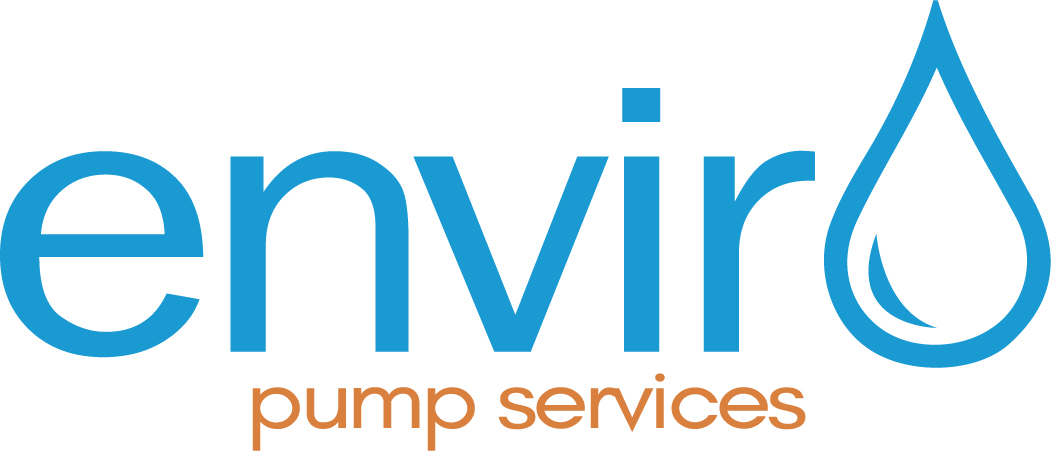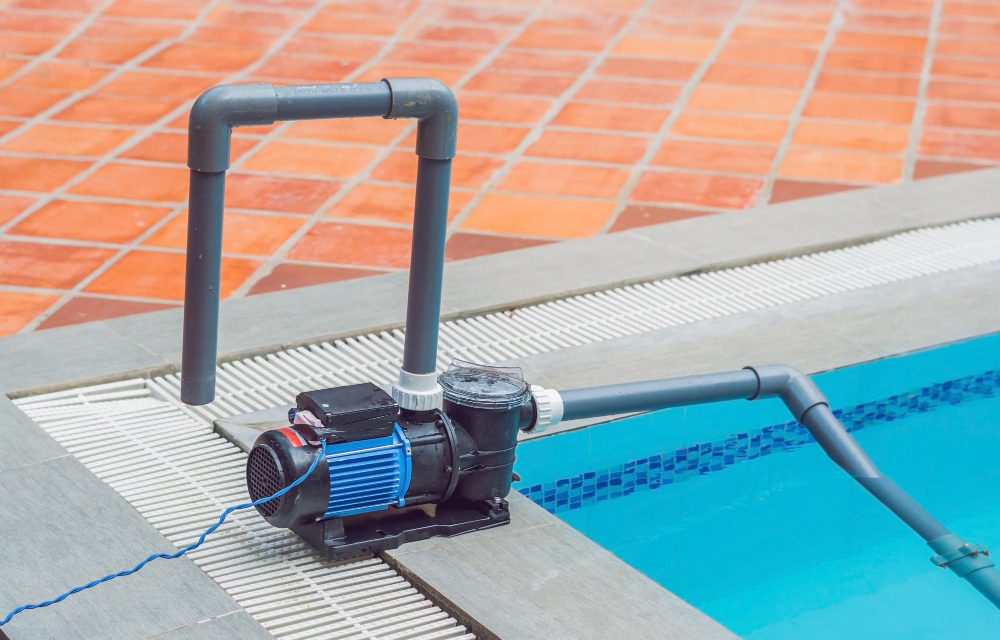A glistening pool, with its clear blue waters shimmering under the sun, is a sight that can instantly elevate your outdoor space. It’s a place where families gather for leisure, friends come to unwind, and memories are created. However, achieving and maintaining crystal-clear water in your pool requires more than just filling it up and adding some chlorine. One of the often-overlooked heroes in this quest for pristine pool water is the pool pump, and its regular maintenance should never be taken lightly.
1. The Role of Pool Pumps
Pool pumps are the unsung heroes of your pool’s filtration system. They play a vital role in keeping your pool water clean and clear. These devices circulate the water, pulling it through the filtration system where debris and impurities are removed. Then, the clean water is returned to the pool, ensuring a continuous cycle that keeps your pool water crystal clear.
In Australia, various laws and regulations govern the maintenance of pools, ensuring they meet safety and hygiene standards. One such regulation is the Australian Pool Safety Standard, which outlines the requirements for pool barriers and safety measures. While this standard primarily focuses on safety, it indirectly underscores the importance of clean and well-maintained pool water. Neglecting pool pump maintenance can lead to water quality issues that may affect the compliance of your pool with these regulations.
2. The Importance of Crystal-Clear Water
The allure of a sparkling pool isn’t just about aesthetics; it’s also about health and safety. Here’s why crystal-clear water should be a top priority:
- Aesthetic Appeal: A clean and clear pool is undeniably inviting. It enhances the overall aesthetics of your outdoor space, making it a more pleasant place to relax and entertain.
- Health Benefits: Properly maintained pool water is less likely to harbor harmful bacteria and pathogens. This reduces the risk of waterborne illnesses, making your pool a safe place for your family and guests.
- Safety: Clear water allows swimmers to see the pool bottom, which is essential for avoiding accidents. Murky water can conceal hazards like sharp objects or irregularities on the pool floor.
3. Common Pool Pump Problems
Despite their crucial role, pool pumps are not immune to issues. Here are some common problems that can arise when pool pumps are not adequately maintained:
- Clogging: Debris and leaves can clog the pump strainer and impede water flow.
- Leakage: Damaged seals or O-rings can result in water leakage from the pump.
- Loss of Prime: When air enters the system, the pump can lose its prime, reducing its efficiency.
- Motor Issues: Over time, the motor may suffer from wear and tear, affecting its performance.
4. Benefits of Regular Pool Pump Maintenance
Regular maintenance of your pool pump offers numerous benefits, including:
- Cost Savings: Preventative maintenance can extend the lifespan of your pool pump, reducing the need for costly replacements.
- Energy Efficiency: A well-maintained pump operates more efficiently, saving you money on energy bills.
- Water Clarity: Maintaining the pump ensures proper circulation, contributing to crystal-clear water.
- Safety Compliance: Keeping your pool equipment in top shape helps you meet safety standards and avoid penalties.
In Australia, compliance with pool safety standards isn’t just a recommendation; it’s a legal requirement. Neglecting pool pump maintenance can result in water quality issues that may affect your pool’s safety compliance. Therefore, routine maintenance isn’t just about aesthetics and functionality; it’s also about adhering to the law.
5. Steps for Effective Pool Pump Maintenance
To ensure your pool pump continues to perform optimally, follow these steps for effective maintenance:
- Regular Inspection: Check your pump and its components regularly for signs of wear, damage, or debris buildup.
- Cleaning: Keep the pump strainer basket and skimmer free of debris. Clean or replace the filter regularly.
- Lubrication: Lubricate O-rings and seals to prevent leaks.
- Motor Maintenance: Inspect the motor for any unusual noises or vibrations and address issues promptly.
- Professional Service: Consider scheduling periodic professional inspections and maintenance to address potential problems.
6. Frequency of Maintenance
The frequency of maintenance depends on factors like usage, location, and environmental conditions. However, a general rule of thumb is to inspect and clean your pool pump at least every few months. It’s also advisable to schedule an annual professional inspection to catch any hidden issues.
In Australia, seasonal variations can impact the maintenance needs of your pool. For instance, in regions with extreme weather, pumps may require more frequent attention. Be sure to consider local factors when determining your maintenance schedule.
7. Cost of Neglecting Maintenance
Neglecting pool pump maintenance may seem like a cost-saving measure, but in the long run, it can lead to financial consequences. Here’s how:
- Increased Energy Costs: A poorly maintained pump works harder, consuming more electricity and increasing your energy bills.
- Repair Costs: Neglected pumps are more prone to breakdowns, resulting in costly repairs.
- Replacement Costs: Ultimately, if the pump fails due to neglect, you’ll face the expense of purchasing a new one.
- Fines and Penalties: If water quality issues lead to non-compliance with pool safety standards, you may face fines or penalties.
8. Steps for Effective Pool Pump Maintenance
Now that we’ve established the importance of maintaining your pool pump let’s delve into the practical steps for effective maintenance:
1. Regular Inspection and Cleaning:
- Begin by turning off the pump and closing the valves.
- Check the pump strainer basket for debris and remove any obstructions.
- Inspect the skimmer basket and empty it if necessary.
- Examine the impeller for debris and clean it if needed.
- Clean or replace the filter cartridge as recommended by the manufacturer.
2. Lubrication:
Lubricate O-rings and seals with a silicone-based lubricant to prevent leaks. Be sure to follow manufacturer guidelines.
3. Motor Maintenance:
- Listen for unusual noises or vibrations when the pump is running. Any such signs may indicate motor issues that require attention.
- If you notice any problems, it’s advisable to consult a professional for motor repair or replacement.
4. Water Level Maintenance:
Ensure that your pool water level is at the proper height to allow for optimal pump operation. Low water levels can lead to pump damage.
5. Professional Service:
Consider scheduling an annual professional inspection and maintenance service. Qualified technicians can identify and address potential issues that may not be visible during regular inspections.
9. Frequency of Maintenance
Determining how often to perform pool pump maintenance depends on various factors. However, it’s essential to establish a routine to ensure the longevity of your equipment and water quality. Here are some considerations:
1. Usage:
- If your pool is heavily used throughout the swimming season, you may need to inspect and clean the pump more frequently.
- Pools used less frequently or seasonally may require maintenance less often.
2. Environmental Conditions:
- Pools in areas with high foliage or windy conditions may accumulate debris more quickly, necessitating more frequent maintenance.
- Harsh weather conditions, such as storms or heavy rains, can also impact your pump’s performance.
3. Local Regulations:
Be aware of any local regulations or guidelines regarding pool pump maintenance. Some areas may have specific requirements.
4. Seasonal Considerations:
In regions with extreme weather, it’s crucial to adjust your maintenance schedule accordingly. For example, winterising your pump in colder climates can prevent damage from freezing temperatures.
In Australia, specific regulations exist to ensure pool safety and water quality. The Australian Pool Safety Standard, as mentioned earlier, outlines the importance of barrier safety but indirectly underscores the significance of clean pool water. Neglecting pool pump maintenance can lead to water quality issues that may affect your compliance with these regulations. Therefore, regular maintenance isn’t just about aesthetics and functionality; it’s also about adhering to the law.
10. Additional Reasons Why Pool Pump Maintenance is Vital
While we’ve already covered many compelling reasons to prioritise pool pump maintenance, there are a few more to consider:
- Extended Equipment Lifespan: Regular maintenance can significantly extend the lifespan of your pool pump, saving you money on replacements in the long run.
- Energy Efficiency: A well-maintained pump operates more efficiently, reducing energy consumption and lowering your utility bills.
- Improved Water Circulation: Proper pump maintenance ensures that water circulates effectively, preventing stagnant pockets and promoting even distribution of chemicals.
- Water Chemistry Stability: Effective filtration and circulation help maintain proper water chemistry, reducing the need for chemical adjustments.
- Enhanced Swimmer Experience: Clean, clear water enhances the overall swimming experience, making your pool more enjoyable for you, your family, and your guests.
In conclusion, maintaining crystal-clear pool water involves more than aesthetics; it’s about ensuring the safety, health, and longevity of your pool. Neglecting pool pump maintenance can lead to water quality issues, increased costs, and potential legal consequences. By following the steps outlined in this blog and adhering to Australian regulations, you can enjoy a sparkling pool that not only looks beautiful but also meets safety and hygiene standards.
Remember, regular maintenance is the key to a healthy and inviting pool. Neglecting it is simply not an option. To ensure the longevity and optimal performance of your pool pump, follow the guidelines provided in this blog.
Enviro Pump Services can assist you in maintaining your pool pump and ensuring that your pool water is crystal clear, safe, and compliant with Australian pool regulations. Stay tuned for more valuable insights on pool maintenance and water quality.


